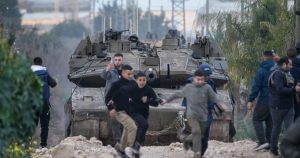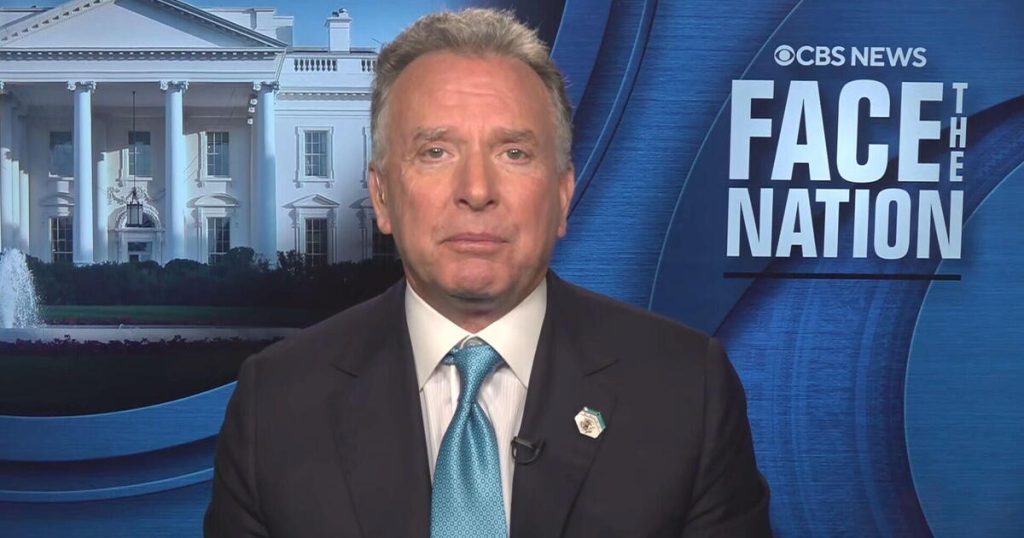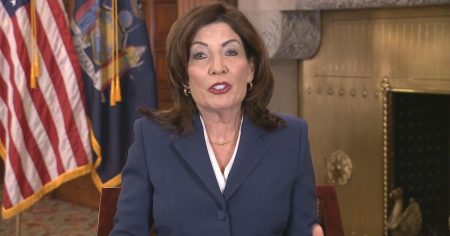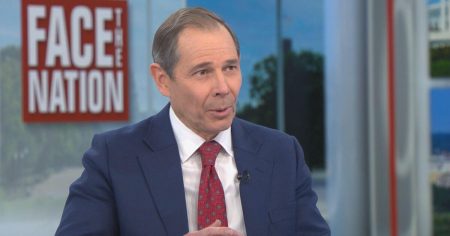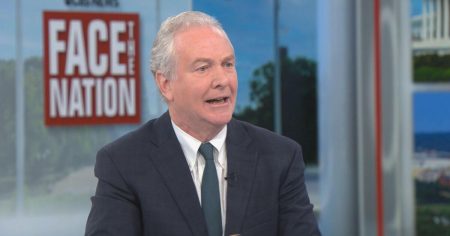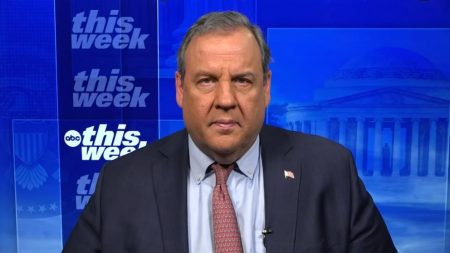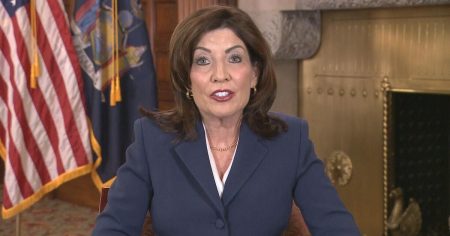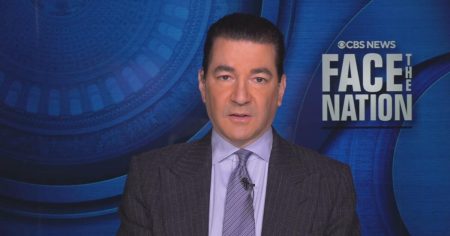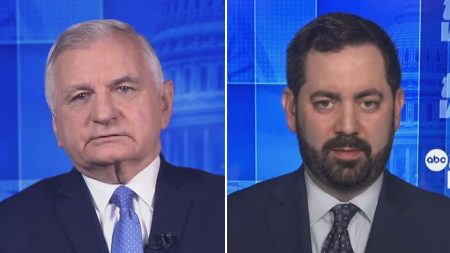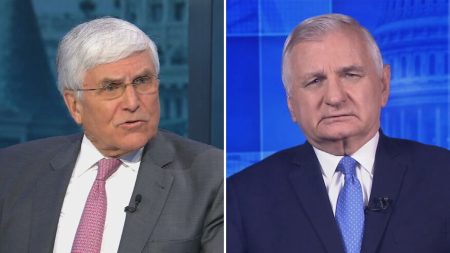Steve Witkoff on Middle East Peace and International Diplomacy: An In-Depth Summary
Introduction: A Glimpse into Steve Witkoff’s Diplomatic Efforts
Steve Witkoff, a key figure in President Trump’s administration, recently shared insights into his diplomatic endeavors in an interview with Margaret Brennan on "Face the Nation." As the Special Envoy to the Middle East, Witkoff is deeply involved in negotiations aiming to bring peace to the region and secure the release of American hostages. His discussion covered a range of topics, from the intricate details of Middle East peace talks to his remarkable encounter with Russian President Vladimir Putin. This summary delves into the key aspects of his interview, highlighting his approach to diplomacy and the challenges he faces in these critical regions.
Middle East Peace Efforts and Hostage Negotiations: A Delicate Balance
Witkoff’s primary focus is on progressing to phase two of the hostage deal, which includes securing the release of Edan Alexander, an American citizen detained in Gaza. He emphasized the Trump administration’s commitment to bringing all Americans home, underscoring the emotional weight of such missions, especially his personal connection with Alexander’s parents. The May 27 protocol forms the backbone of these negotiations, outlining a permanent ceasefire and the exclusion of Hamas from Gaza’s governance. Witkoff’s determination to achieve this phase is evident, as he prepares for a five-day tour across the Middle East, engaging with key players in Qatar, Egypt, Israel, UAE, and Saudi Arabia.
The Future of Gaza and Hamas: A Complex Landscape
A pivotal aspect of the discussion was the future of Gaza and the role of Hamas. Witkoff unequivocally stated that Hamas must leave Gaza, a stance that raises questions about their destination and the region’s reconstruction. While specifics remain under wraps, the focus is on creating a safe environment for Gaza’s residents, a task complicated by the region’s devastation. Witkoff highlighted the need for a 15 to 20-year reconstruction plan, emphasizing that current conditions make immediate return untenable. This long-term perspective, as noted by the Wall Street Journal, reflects a pragmatic approach to rebuilding Gaza, prioritizing safety and sustainability over hasty solutions.
Russia Meeting: Building Relations and the Prospect of Sanctions
In a significant shift from Middle East discussions, Witkoff recounted his extensive meeting with Putin, facilitated by translators, which lasted three and a half hours. This encounter was crucial in securing the release of Mark Fogel, an American citizen detained in Russia. Witkoff’s ability to build trust with Putin showcases his diplomatic prowess, suggesting potential advancements in U.S.-Russia relations. While the discussion did not explicitly address sanctions, the possibility of American businesses returning to Russia post-peace deal hints at economic engagement contingent on resolving the conflict.
Reconstruction and Long-Term Planning in Gaza: A Vision for the Future
The interview also touched on Gaza’s reconstruction, revealing the administration’s ambitious 15 to 20-year plan to transform the region. Witkoff painted a vivid picture of Gaza’s current state—rife with debris and unexploded ordnance—underscoring the impossibility of immediate habitation. While the right to return remains a topic of discussion, the immediate focus is on laying the groundwork for a viable future. Witkoff’s emphasis on factual decision-making highlights the administration’s commitment to actionable, realistic solutions, steering clear of outdated policies that have historically failed.
Conclusion and Broader Implications: A Roadmap for Diplomacy
In conclusion, Steve Witkoff’s interview offers a compelling narrative of diplomatic efforts in the Middle East and beyond. His approach, marked by trust-building and pragmatic planning, underscores the complexity of achieving peace in Gaza and improving U.S.-Russia relations. While challenges abound, from Hamas’s future to the daunting task of reconstruction, Witkoff’s optimism and strategic focus provide a roadmap for progress. As global tensions persist, his efforts remind us of the critical role diplomacy plays in navigating treacherous landscapes, offering hope for a more stable and peaceful future.


